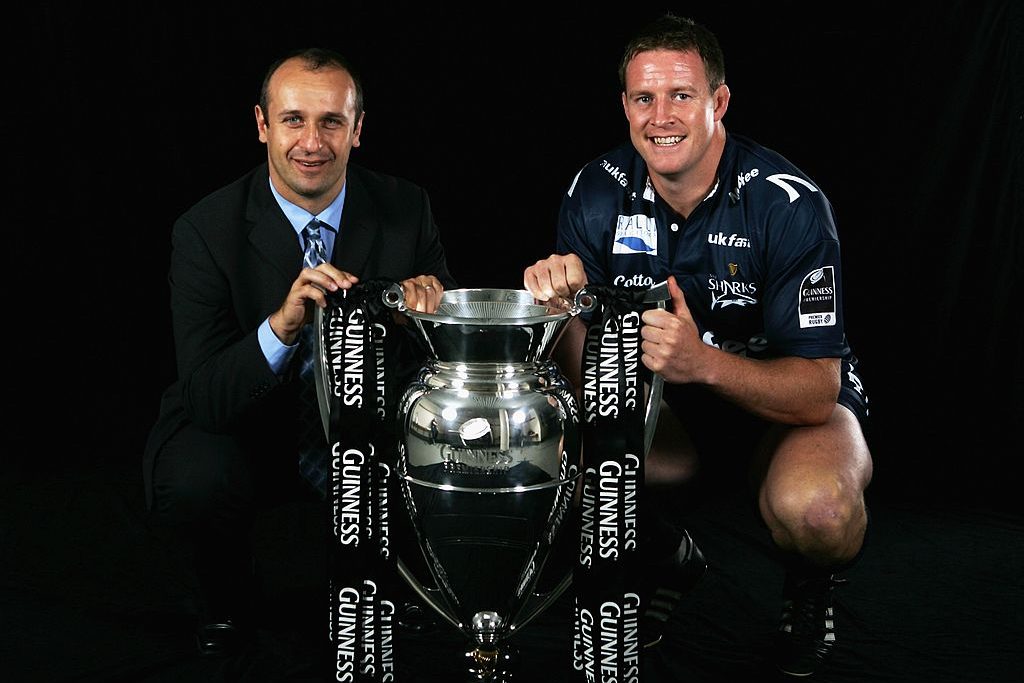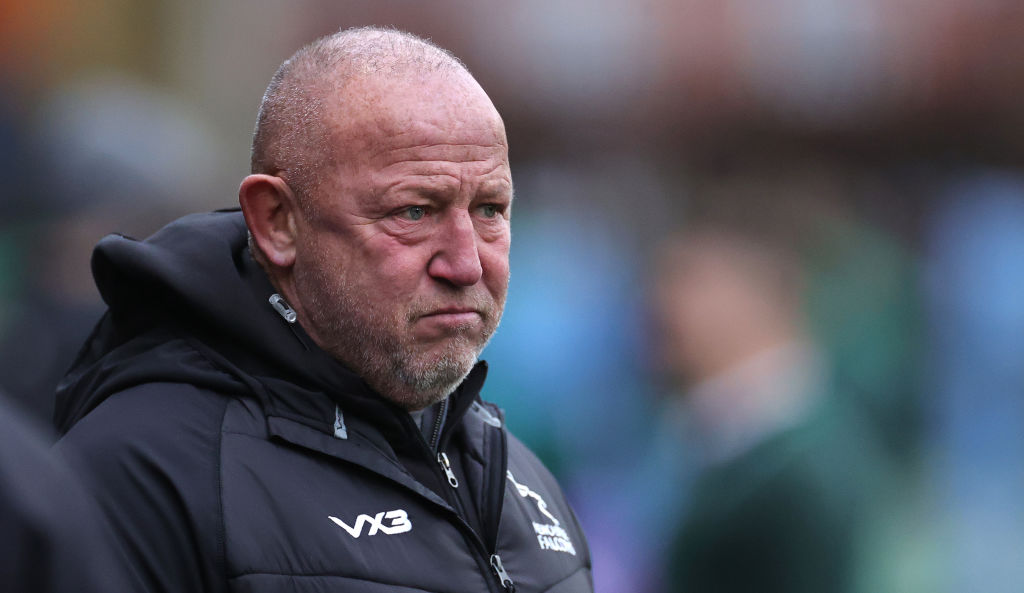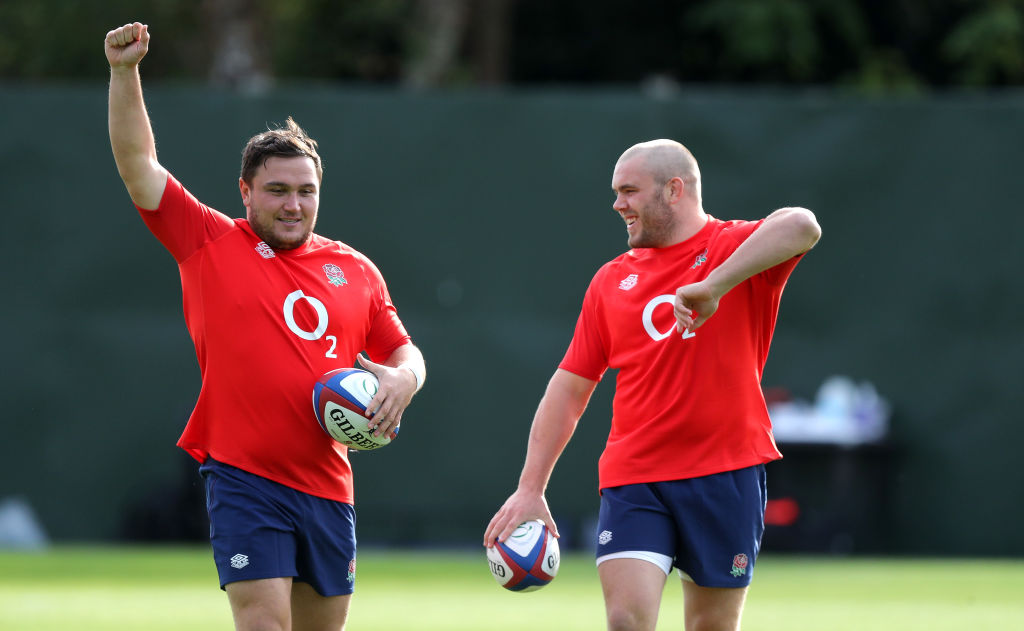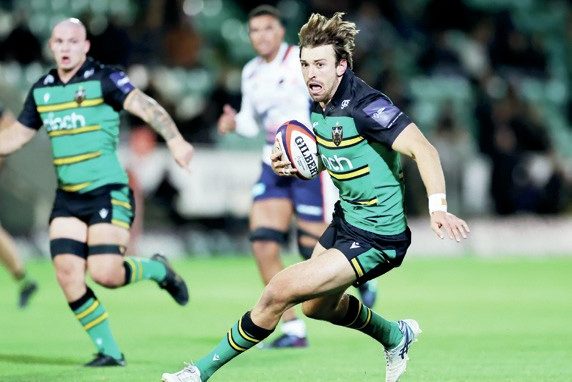
USA Rugby’s top man, former England scrum-half Nigel Melville, is heading to London next month for a summit with Premier Rugby chief executive Mark McCafferty over proposals to stage matches at some of America’s biggest NFL stadia.
The Anglo-American meeting comes a fortnight after The Rugby Paper’s revelation that England’s top clubs had opened talks with the owners of American grid-iron teams in Washington, Miami, Cleveland and Boston.
“We are looking to extend our ties with American rugby and open up the US market commercially,” McCafferty said. “We have had a lot of approaches and a lot of discussions from people who want us to play Premiership matches out there.
“They can see the prospect of getting anything from 50,000 to 70,000 into their stadia. It’s quite a step at the moment but I don’t rule it for the future.
“How quickly it will happen it’s difficult to tell. With the right investment it could happen sooner than later. The US is definitely an area we would like to target.
“Sport is going global. It’s probably only a matter of time before the NFL has a franchise over here. Major league baseball is starting in Australia next year. The European golf tour holds a number of their tournaments in Asia.
“Rugby has to be careful it doesn’t get left behind. It has the World Cup and a brilliant property in the Lions but beyond that you have complexities on a multi-national level. We would ultimately like to see a world club championship every four years.”
Melville, chief executive of rugby operations for USA rugby at their headquarters in Boulder, Colorado, will broaden the London talks beyond ‘feed-back’ on the Twickenham World Sevens which featured teams from San Francisco and New York.
“There’s been talk about a pre-season game in the US between two Premiership teams as a warm-up but Americans aren’t interested in friendlies,” Melville said. “Any game would have to be a real game.
“The biggest challenge will be finding the right time and the right venue. Some baseball stadia will fit a rugby pitch but they are in-season throughout the summer.”
After exploratory talks with NFL owners, Leicester Tigers‘ chairman Peter Tom conceded that ‘anything’s possible’. The English champions have sound business reasons for being attracted by a venue like Chicago’s Soldier Field, used during the 1994 FIFA World Cup. Caterpillar, the Tigers’ sponsors for the last five years whose products include the manufacture and construction of mining equipment, run their world-wide business from Peoria, Illinois, a two-hour drive from Chicago.
The American promoters behind an aborted attempt to match London Irish against the US Barbarians at the New England Patriots’ NFL stadium near Boston claim the venture has not been abandoned, merely postponed for 12 months.
The pioneering fixture, for the ‘Independence Cup,’ had been scheduled for a fortnight ago to herald the launch of an East Coast League involving six Rugby Union club franchises.
Michael Clements of RugbyLaw International, the would-be promoters based in Minneapolis who appointed former England centre Henry Paul as the Barbarians’ head coach, said: “If you are going to launch a rocket, you have to listen to your engineers and delay the launch if they tell you conditions aren’t optimal.”
Despite the setback, the company is planning a national rugby football league.
The big stumbling block remains, how to find investors willing to cough up sufficient millions of dollars to make it all work. RugbyLaw’s George Robertson claims the players are already on America’s doorstep.
“America is already the undisputed global leader in professional contact football with the NFL,” he said.
‘The richest resource America can present to the world of Rugby Union will be the thousands of pro-level athletes currently not playing Rugby Union.”
IRB chief executive Brett Gosper believes a coast-to-coast US League would give American rugby a national dimension and ‘drive very high commercial revenues’.
PETER JACKSON


Latest News
Lions told: Beware Australian dirty tricks

Latest News
Ford joins 100 club in England victory

International Rugby
Centurion Ford leads the way for England

International Rugby
Muir makes the most of his sevens training






















You must be logged in to post a comment Login